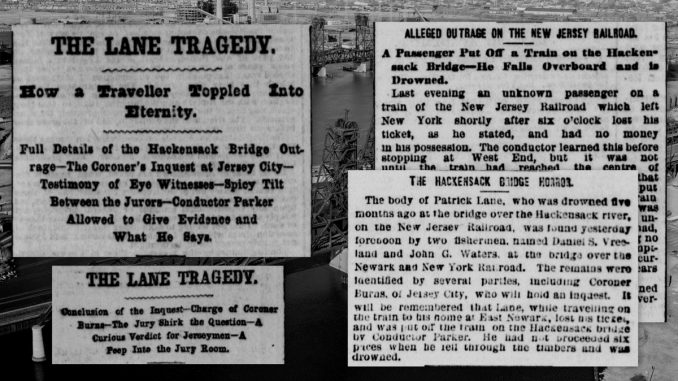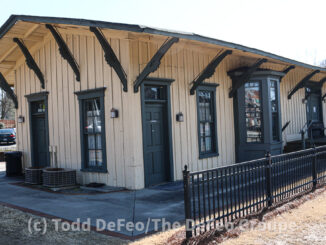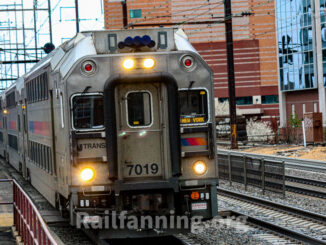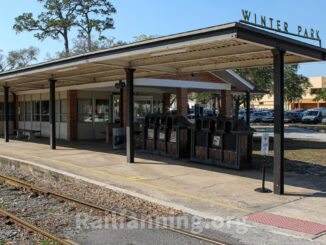
When Patrick Lane boarded the 6:20 p.m. New Jersey Railroad train from Jersey City on November 29, 1869, he had no idea what fate awaited him.
Before stopping at West End, Lane alerted the conductor he lost his ticket and did not have enough money to purchase a return ticket. He offered the conductor the 10 cents he had on him, which the conductor refused.
After leaving West End, the train crossed the Hackensack River. In the center of the bridge, the conductor, William James Parker, informed Lane he would need to disembark.
“I had given him a pretty good chance to find his ticket, and that I would have to take his fare,” Lane later testified.
“He did so quietly, and without the slightest disposition to be quarrelsome,” The New York Herald reported.
“Stay in the (center) of the bridge and walk back to West End,” Parker told Lane, an East Newark resident and a constable of Harrison township, according to his testimony before a subsequent inquest into the death.
Lane, news accounts indicate, took a few steps and slipped on the bridge’s zinc-covered platform. He fell to his death, a tragedy that garnered many headlines.
Following the wreck, Lane’s family filed suit against the railroad. By mid-December, Mr. Dennis, president of the New Jersey Railroad, presented Lane’s widow with $7,500 — $1,500 in cash and $6,000 in a savings account for the family.
Two fishermen found Lane’s body in April 1870.
A subsequent inquest censured the New Jersey Railroad for instructing its conductors to kick passengers off their trains outside of the station.





